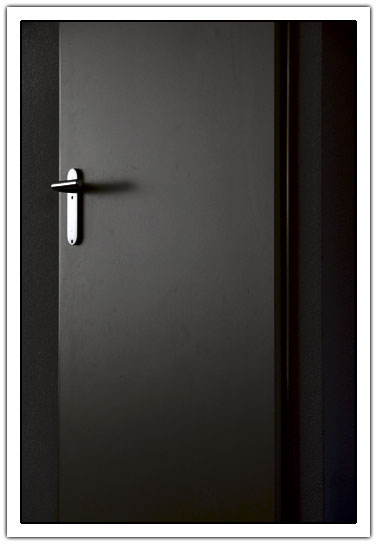
KGHI just released their 2006 10k. It contained the following interesting tidbit.
"Proceeding with a 1-for-20 reverse split requires that we amend the Company’s Certificate of Incorporation, which requires stockholder approval. The Board adopted resolutions at a special meeting held on March 19, 2007, which, among other things, set forth the proposed amendment, determined that the reverse split is advisable, and called for submission of the amendment for approval by the Company’s stockholders at the Annual Meeting to be held on May 30, 2007."
It's not surprising that KGHI wants to go private as they have only four employees and it should save a significant amount of administration costs. Is this a good thing for investors? I think so. Once the company officially announces the reverse split they'll affix a price to each fractional share. For example, if you own 23 shares, you'll get one new share plus cash for the extra three "fractional" shares. Current book value is about $36.92 per share, so it's reasonable to expect the price they'll set to buy back fractional shares to be near book value. This won't drive the price up to book value, but there will be some arbitrage occuring as small investors try to buy 19 shares in each of their accounts to take advantage of the discount knowing they'll be cashed out in full.
For example if the cash out price is $37, then I would expect KGHI to start trading over $30, possibly closer to $34. Of course this only benefits those who want to sell the stock pre-split, and there may not be enough volume to sell a large number of shares. After the split I still expect the new shares to trade, but with less information released by management and even less liquidity (if that's possible). Holding may be still be a good investment as I believe the controlling shareholders still see more value in KGHI, but I have no idea how long it will take to unearth it.
Good luck, which ever path you decide to take here.